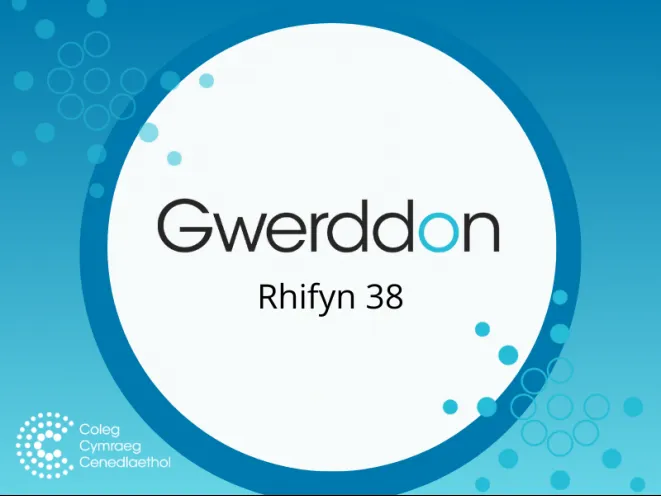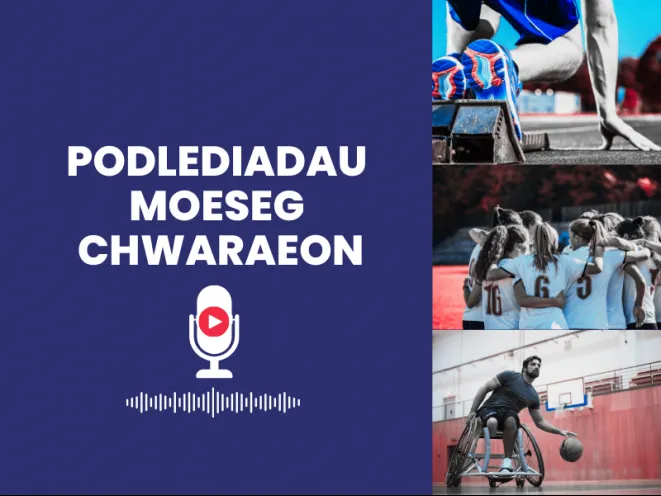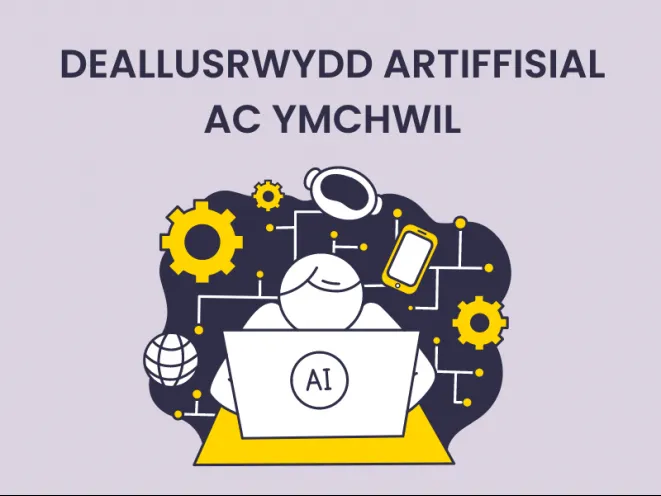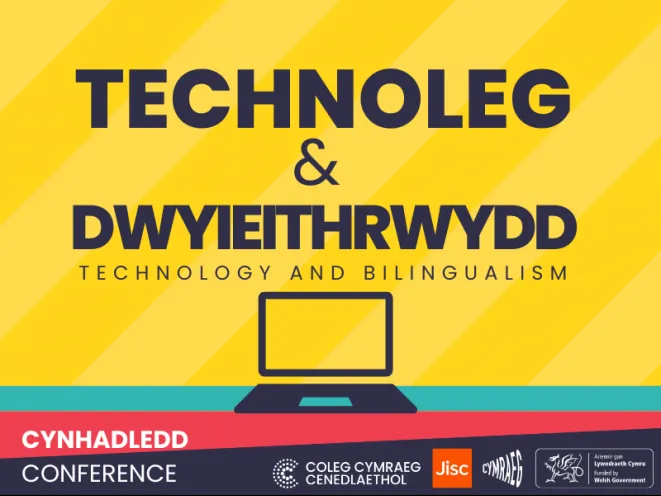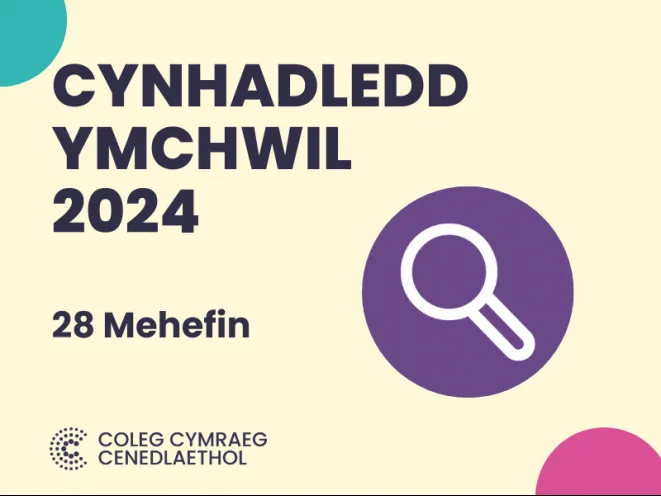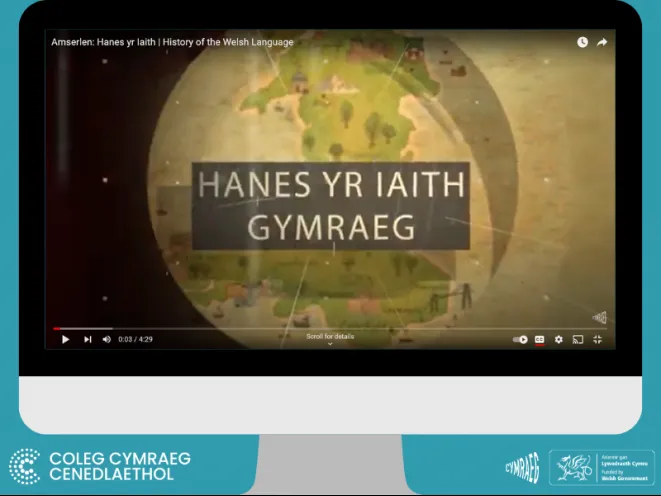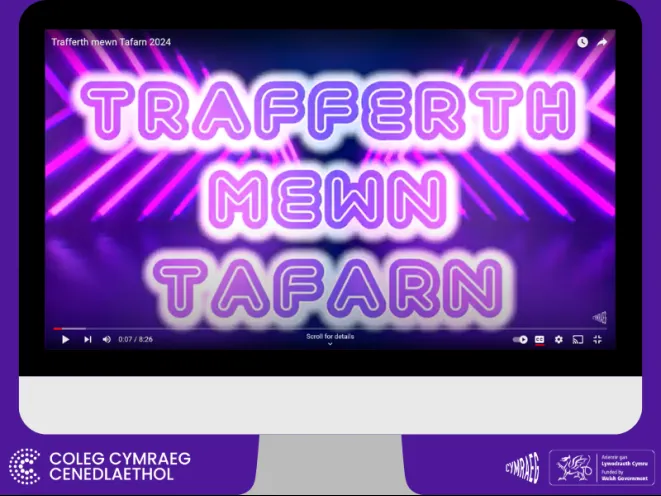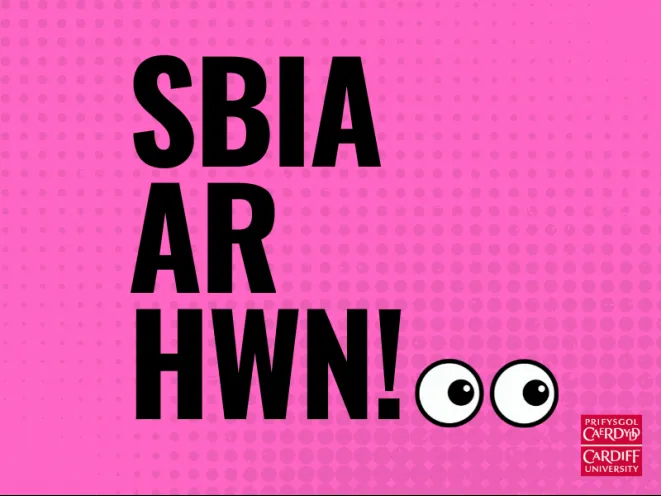This article discusses two aspects of Grace Williams’ (1906–1977) output that have been neglected in the current bibliography about the composer, which are her vocal arrangements of Welsh folk tunes and her only opera, ‘The Parlour’. Bearing in mind that Grace Williams is mainly associated with orchestral music, this research reflects the desire to investigate and give deserving attention to the works that have been ignored in the past. The need to reconsider the significance of her folk-song arrangements and the opera is emphasized with the aim of getting a complete picture of the composer’s output. The discoveries are based on recent research that has already been presented as a MARes degree (Bangor University 2022) and current research for a doctoral degree that is to be completed in the coming years. Author: Elain Jones
From the periphery to the centre: re-evaluating Grace Williams’ musical journey
‘From zero to three hundred’: intensive acquisition techniques for the 300 most frequently used content words ...
This paper reports a study investigating the acquisition of frequently used Welsh vocabulary by beginner learners of Welsh. Twenty-three participants were tasked to learn 300 content words over 50 days (10 minutes per day) using flashcards. Information was provided about techniques to support learning, such as the keyword method and paying attention to parts of words. Immediate and delayed post-learning tests revealed substantial differences in the ‘learnability’ and retention of target words. An end-of-study questionnaire elicited detailed information about participants’ learning experience, and found that more successful learners used highly systematic approaches to word selection and revision, and used the keyword technique. A resulting list of words ranked by learnability, and comments on learning techniques from high-scoring participants, are informing revisions of learning materials. Authors: Tess Fitzpatrick, Steve Morris
An integrative review of the whole-school approach to supporting the emotional and mental health and well-bein...
The decline in relation to mental health issues among children and young people in Wales (School Health Research Network [SHRN] 2023) and recent curriculum reform (Welsh Government [WG] 2022) has led to the introduction of statutory guidance to promote a whole-school approach in supporting positive emotional and mental well-being among all stakeholders within the school community (WG 2021). The ‘Framework on embedding a whole-school approach to emotional and mental well-being’ (the Framework) (WG 2021) focuses on embedding the three core values of ‘belonging’, ‘efficacy’, and ‘voice’ across all aspects of school provision to create a positive social and emotional community. This integrative review explores literature that focuses on whole-school approaches to emotional and mental well-being and identifies some key facilitators and barriers in its successful implementation. Findings suggest that many schools are still not fully engaging with the Framework (WG 2021), particularly regarding the whole-school approach, and this paper concludes with some recommendations regarding the way forward. Authors: Nanna Ryder, Charlotte Greenway, Siobhan Eleri
Sports Ethics Podcasts
A series of video podcasts which feature conversations about contemporary Sports Ethics issues. The topics include: Sportswashing Fairness Competetive categories Racism Nationalism Role models The podcasts are accompanied by a set of notes and indicative bibliographies for each topic and a list of terms. The resource is suitable for students studying Sport related subjects at A level and degree level.
Artificial intelligence and research
A presentation by Dr Seren Evans on her research into the role of Artificial Intelligence in predicting non-contact leg injuries within Rugby Union, and a recording of a panel discussion on artificial intelligence and its implications, challenges and opportunities for researchers with: Dr Cynog Prys, Senior lecturer, Sociology and Social Policy, Bangor University Dr Seren Evans, Lecturer, Sports Sciences, Bangor University Dr Neil Mac Parthaláin, Senior lecturer, Computer Science, Aberystwyth University Professor Huw Morgan, Physics, Aberystwyth University The event took place in Aberystwyth on 27 June 2024.
Technology and Bilingualism Conference
Recordings of the sessions that were held at this year's Technology and Bilingualism Conference. The conference included a variety of sessions to discuss how technology can be used within bilingual and Welsh medium provision in the higher education, further education and apprenticeship sector.
Astro Tools (Comet Chasers)
Tools to simplfy the whole observing process with the LCO telescope network via the Comet Chasers project. Tools are available for planning and organising observations, making image requests, and creating animations of the telescope images. These tools are aimed at students in primary and secondary schools who take part in the Comet Chasers project – but will also be useful for under-graduate and post-graduate students for simplifying the process of requesting images of comets/asteroids from LCO. Full nstructions are currently available on the website for two tools, all tools will have instructions in the near future.
Coleg Cymraeg Research Conference 2024
This Research conference will be held in hybrid form again this year, on 28 June, with a face-to-face audience at the National Library in Aberystwyth, as well as a live broadcast to a virtual audience. You can find more information about the conference in the Coleg Cymraeg events calendar.
Video Timeline: History of the Welsh Language
A new video resource that brings the history of the Welsh language to life in 4 minutes. From its origins in the Brythonic language and the earliest written versions through the Acts of Union and the Industrial Revolution to the establishment of the Urdd and Welsh-medium schools in the twentieth century, this video goes from the year 40 to 2022, when the language was used for the first time in the biggest sporting stage, the football World Cup. “Today, over half a million speak the language and the Welsh Government wants to have one million Welsh speakers by 2050 so that the Welsh language becomes an integral part of everyday life, in communities, school, at work and in digital technology.” A resource to be used widely with learners of all ages, and specifically for Welsh Second Language A Level Unit 5 (The Welsh Language in Society). Welsh subtitles can be selected on video in YouTube (English subtitles available soon). Funded by Welsh Government.
Trafferth mewn Tafarn 2024
A new video resource that gives a contemporary look at Dafydd ap Gwilym’s famous cywydd, as studied in A Level Welsh Unit 5 (Medieval Prose and Early and Medieval Poetry). The video focus on 4 parts of the text to tell the story, detailing the content in today’s language and focusing on the poet’s style and craft. Script prepared by Dr Eurig Salisbury, lecturer at the Department of Welsh at Aberystwyth University. Welsh subtitles can be selected on video in YouTube. Funded by Welsh Government.
Sbia ar Hwn!
This digital course has been designed to help educate students and GCSE and A-level pupils interested in a career in social media. This resource introduces the principles of how to create compelling, thumb-stopping content and how to create news stories on socials through the medium of Welsh. There is a special emphasis on the importance of knowing your audience, and which tone of voice to use in Welsh for various on-line audiences.
Old Wives Tales
There were no witch hunts in Wales. A surprisingly small number of 'witches' were found guilty and hanged in Wales. Only five, compared to more than 200,000 women who were hanged or burned in western Europe after being accused of 'witchcraft' between 1484 and 1750. There are several ‘old wives tales’ or superstitions about witches where the Welsh experience is mistakenly combined or confused by English or British lore and history. The Coel Gwrach project is an attempt to ensure that Gwen, Rhydderch, Lowri, Agnes and Margaret get their place in history through the medium of Welsh, their own language rather than the language of the court, but also so that that their stories get a second chance to be heard in society.

